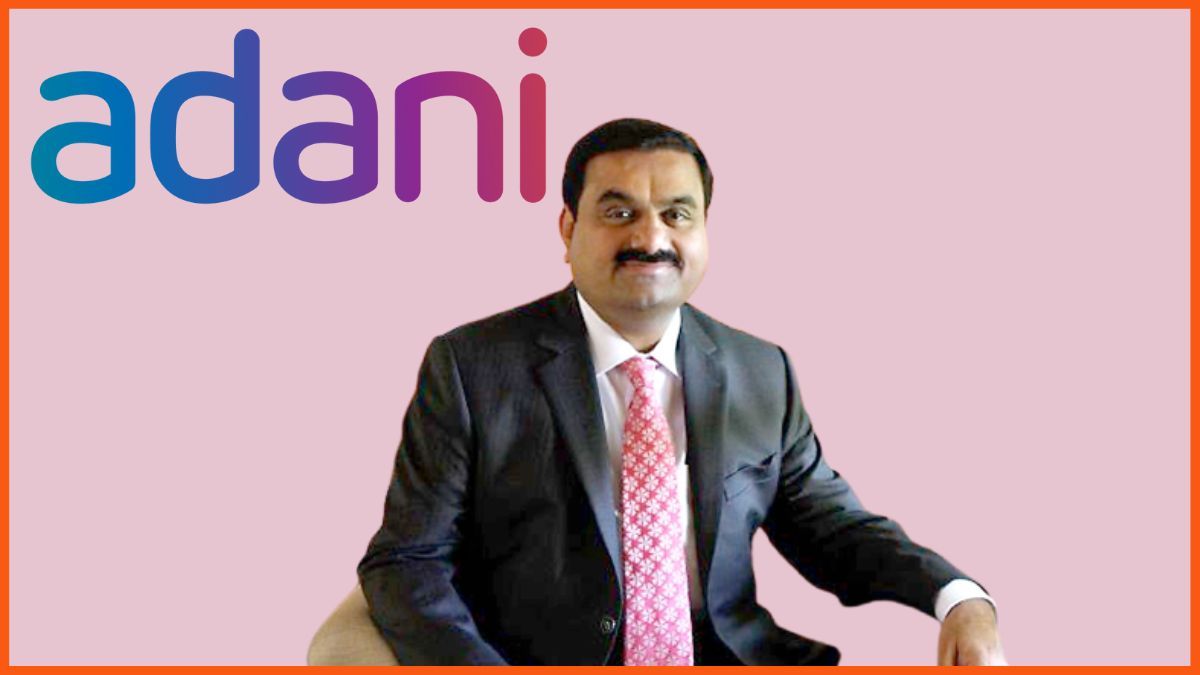Gautam Adani, born in Ahmedabad, Gujarat, India, on June 24, 1962, has achieved remarkable success in business. From a bit of background, he has shown tremendous perseverance and drive in building a vast dominion. This narrative depicts his journey from humble beginnings to become among India’s most well-known corporate giants.
Early Life and Education:
Gautam Adani has seven siblings from a middle-class background. Shantilal Adni and Shantaben Adni raised him. Despite limited money, he had an entrepreneurial vitality and a greedy desire for knowledge. Having left another university, he began his business-oriented education at Gujarat University. Still, he stopped his studies to focus on his company matters.
Early Ventures and Entrepreneurial Drive:

Starting a small trading business importing polyvinyl chloride (PVC) in the 1980s, Adani developed additional products, including textiles, plastics, and agricultural items. At first, he had many challenges and disappointments, but his determination and adaptability pulled him through.
He founded Adani Exports Limited in 1988, concentrating on exporting agricultural products. This set him on his journey into overseas business and prepared him for his exponential company growth. His strong entrepreneurial vision and keen understanding of market dynamics allowed Adani’s company to seize expanding opportunities and establish critical relationships, guiding its movement.
Key Achievements and Expansion:
Under Adani’s direction, the Adani Group has developed into a conglomerate spanning ports, logistics, power production, and renewable energy. Among his significant accomplishments are:
* Development of the Mundra Port, one of the largest privately operated ports in the world
* Expansion of the Adani Ports and Special Economic Zone Limited, making it the largest port developer in the country
* Establishment of the Adani Wilmar Limited, a joint venture with Singapore-based Wilmar International, which became India’s largest edible oil producer
* Investment in renewable energy, with the Adani Green Energy Limited becoming one of the largest producers of wind power in the country
* Foray into the airport sector with the acquisition of the Ahmedabad, Lucknow, and Mangaluru airports
Expansion and Diversification:

As his business grew, Adani recognised chances for expansion into other sectors. Adani seized opportunities presented by India’s liberalisation policies in the 1990s, investigating infrastructure development, power generation, and logistics, establishing the foundation for the globally significant conglomerate that Adani Group would become.
One of Adani’s turning moments in his commercial journey came when Mundra Port opened in Gujarat in 1998. Understanding the strategic importance of ports in facilitating commerce and business, Adani began an ambitious project to make Mundra Port among India’s largest and most technologically advanced ports. Apart from reviving Gujarat’s economic environment, this enormous project enabled Adani Group to lead worldwide in port infrastructure.
Over time, Adani began spreading his company’s assets over other sectors, including defence, energy, logistics, and agriculture. The Adani Group’s fast-expanding portfolio includes a broad range of industries, therefore supporting India’s economy as a whole.
Challenges and Resilience:
Despite his unparalleled success, Gautam Adani’s road has been one of the challenges and tests. From overcoming complex legal environments and bureaucratic red tape to facing market volatility and global economic downturns, Adani showed a consistent commitment to his goal and the flexibility to move with the times.
Among the most prominent difficulties Adani encountered were the vital resistance and environmental disputes around several projects, especially related to coal mining and thermal power generating. Critics seriously challenged Adani Group’s activities and image by raising questions on ecological sustainability and claiming regulatory norm breaches.
Not discouraged, Adani enhanced corporate sustainability criteria and vigorously tackled environmental issues. Adani Group confirmed its dedication to environmental stewardship and sustainable development by attesting to its efforts to reduce environmental impact and promote inclusive growth using noteworthy investments in renewable energy, green projects, and community engagement programs.
Vision and Leadership:

Guiding the Adani Group, Gautam Adani epitribes visionary leadership, creativity, and inclusive growth—the core of which His strategic insight and forceful decision-making have driven the company to hitherto unheard-of levels of success, therefore confirming its worldwide dominance and far-reaching presence on five continents.
Integrity, openness, and social responsibility are the foundations of Gautam Adani’s leadership philosophy. Under his direction, Adani Group has valued strong corporate governance, ethical business practices, and genuine stakeholder involvement, building the confidence and respect of local people, investors, and partners.
Apart from his remarkable commercial sense, Gautam Adani is known for his charitable activities and strong dedication to social welfare. Using the Adani Foundation, he has led several projects in education, healthcare, rural development, and environmental preservation, thus improving the lives of millions of people throughout India.
Conclusion
Gautam Adani’s fantastic life is evidence of the transforming power of vision, tenacity, and business under inspired leadership. Rising from modest beginnings to becoming a worldwide corporate powerhouse, his path inspires future entrepreneurs. Gautam Adani’s legacy lives as a brilliant lighthouse of hope and inspiration as he keeps forging new paths and stretching the boundaries of possibility. Through constant support of sound change and aiming for perfection, he is changing India’s economic environment and promoting world trade.




